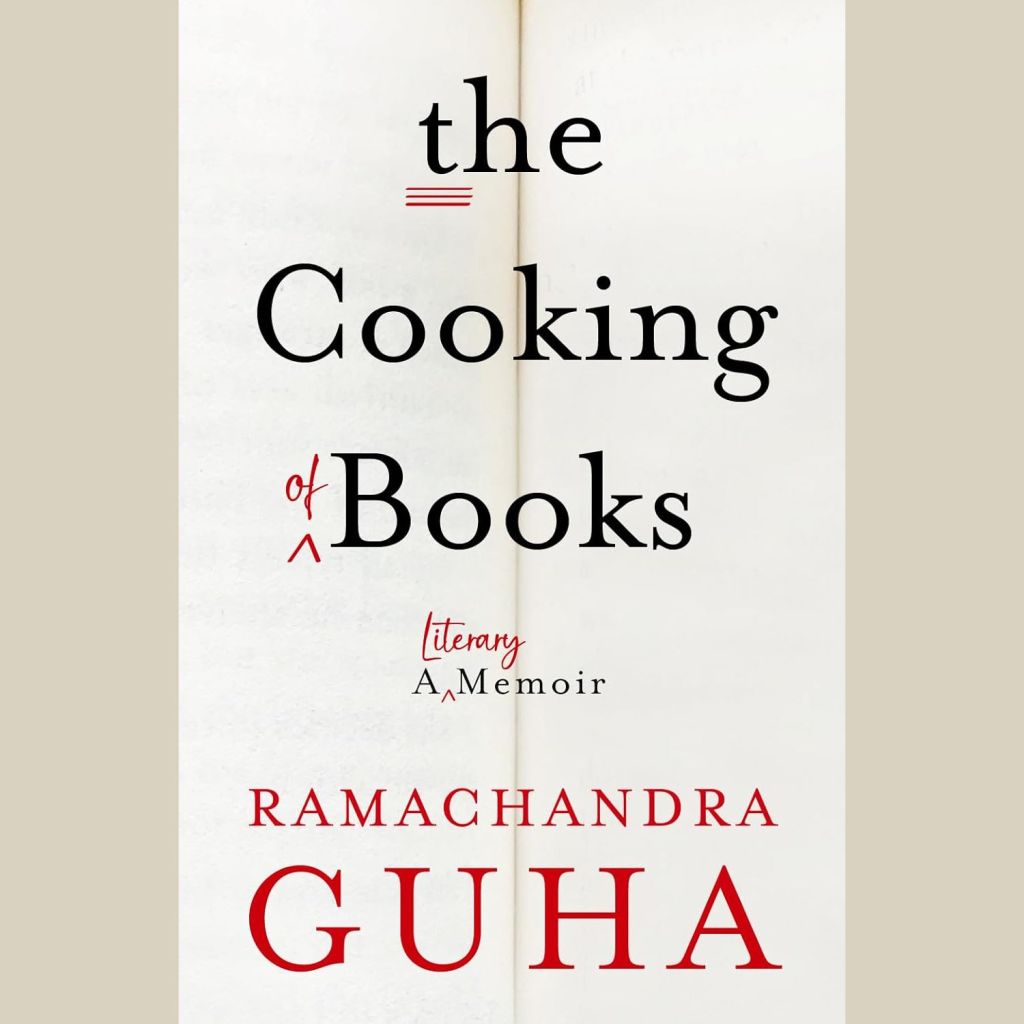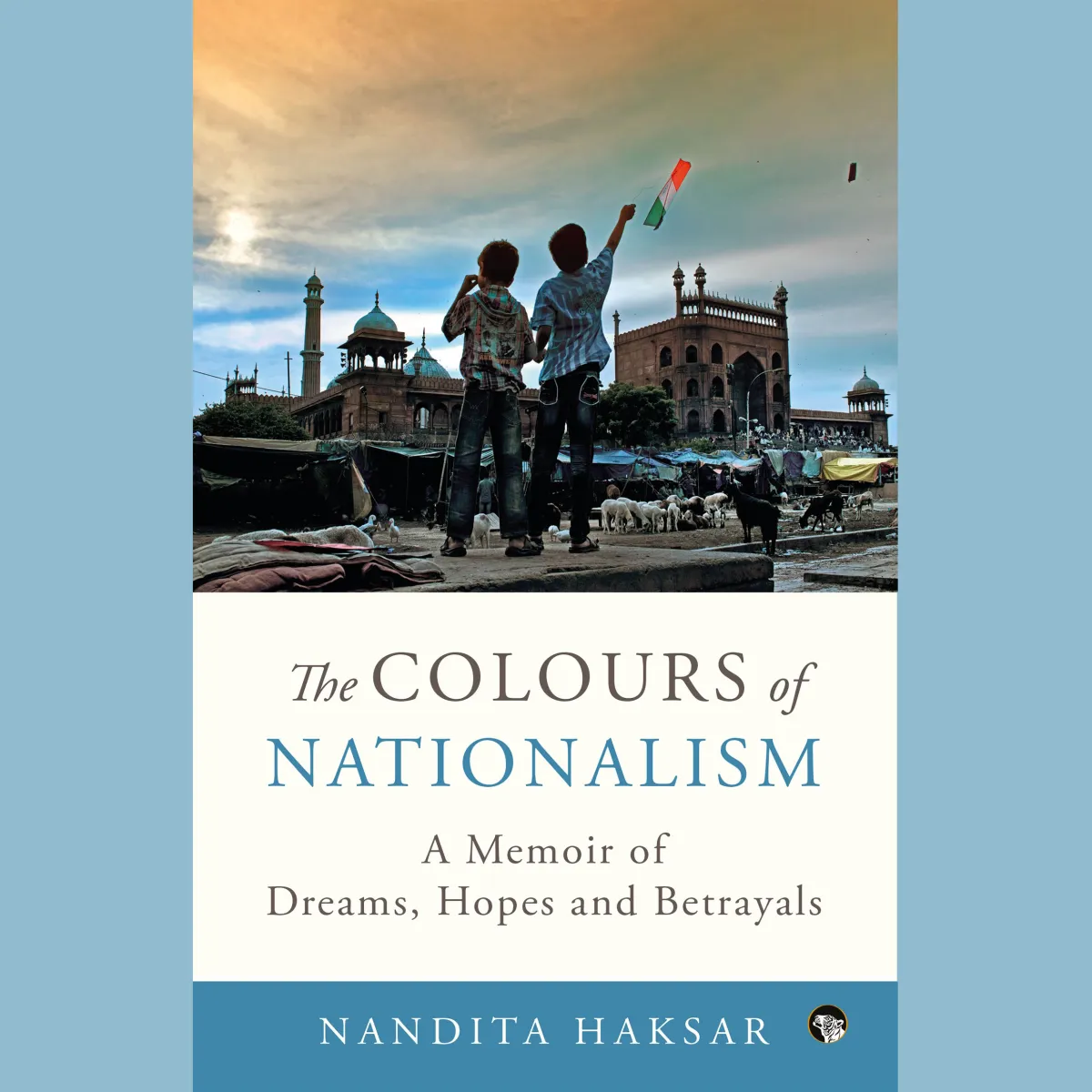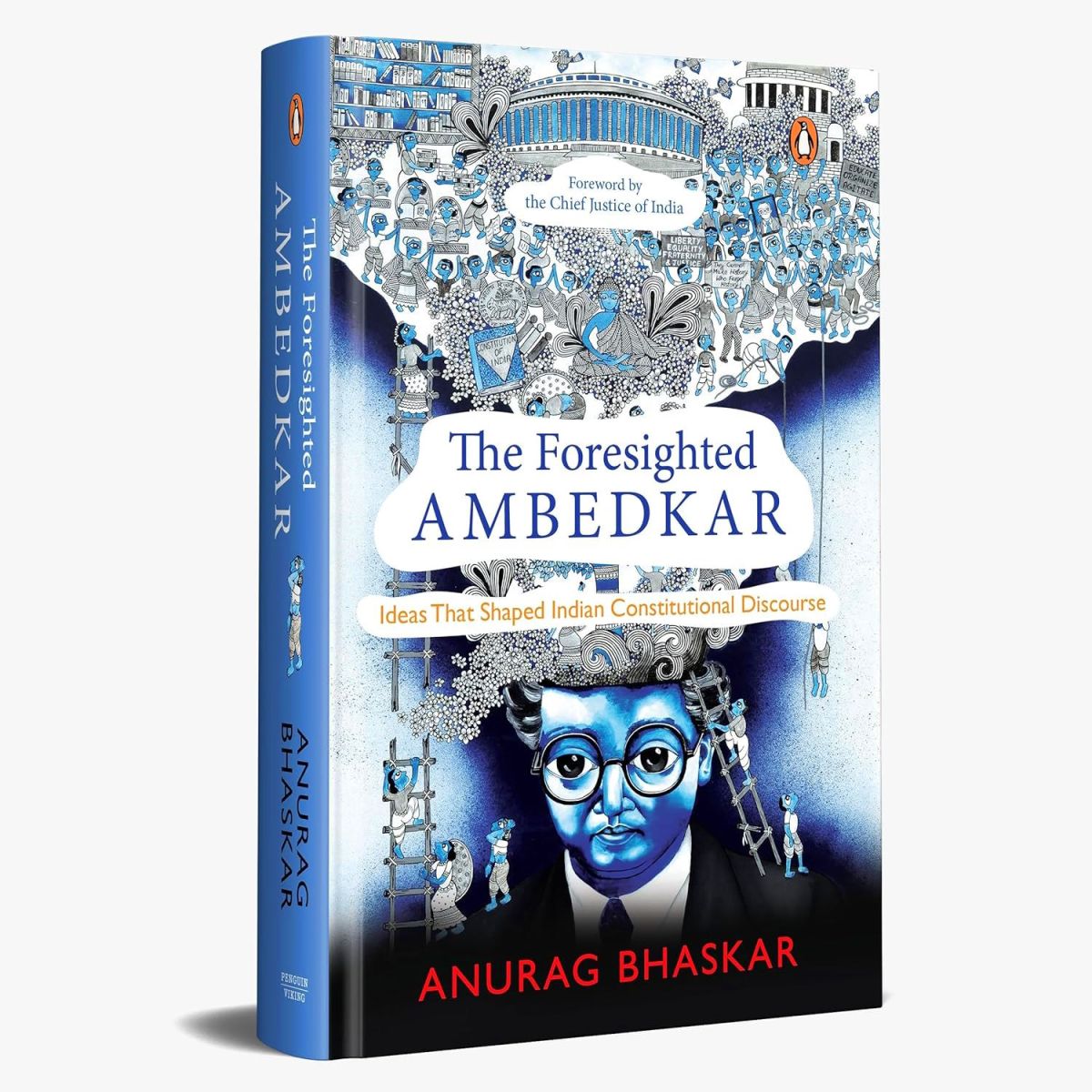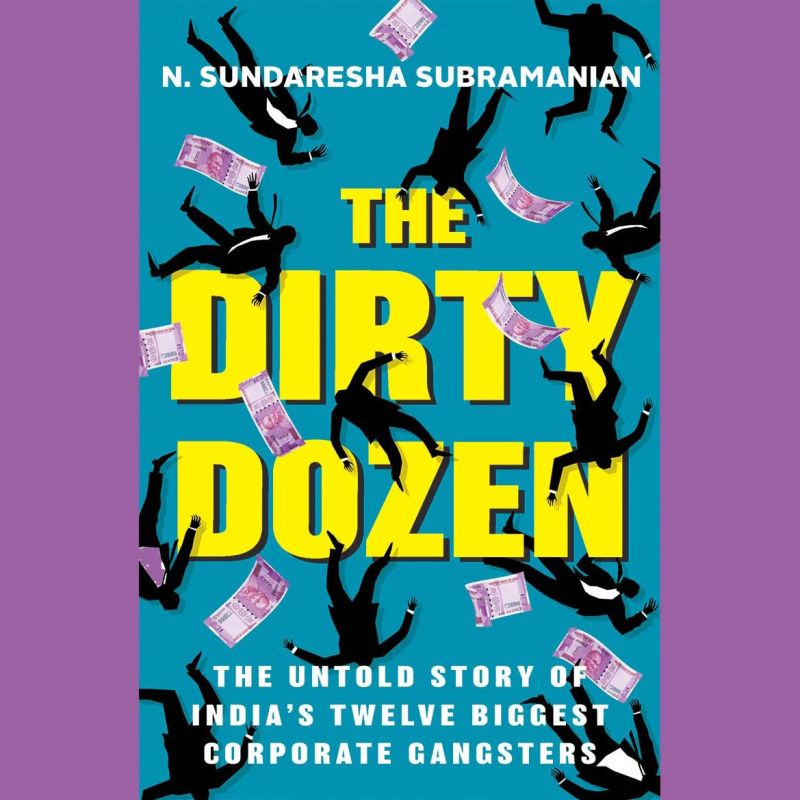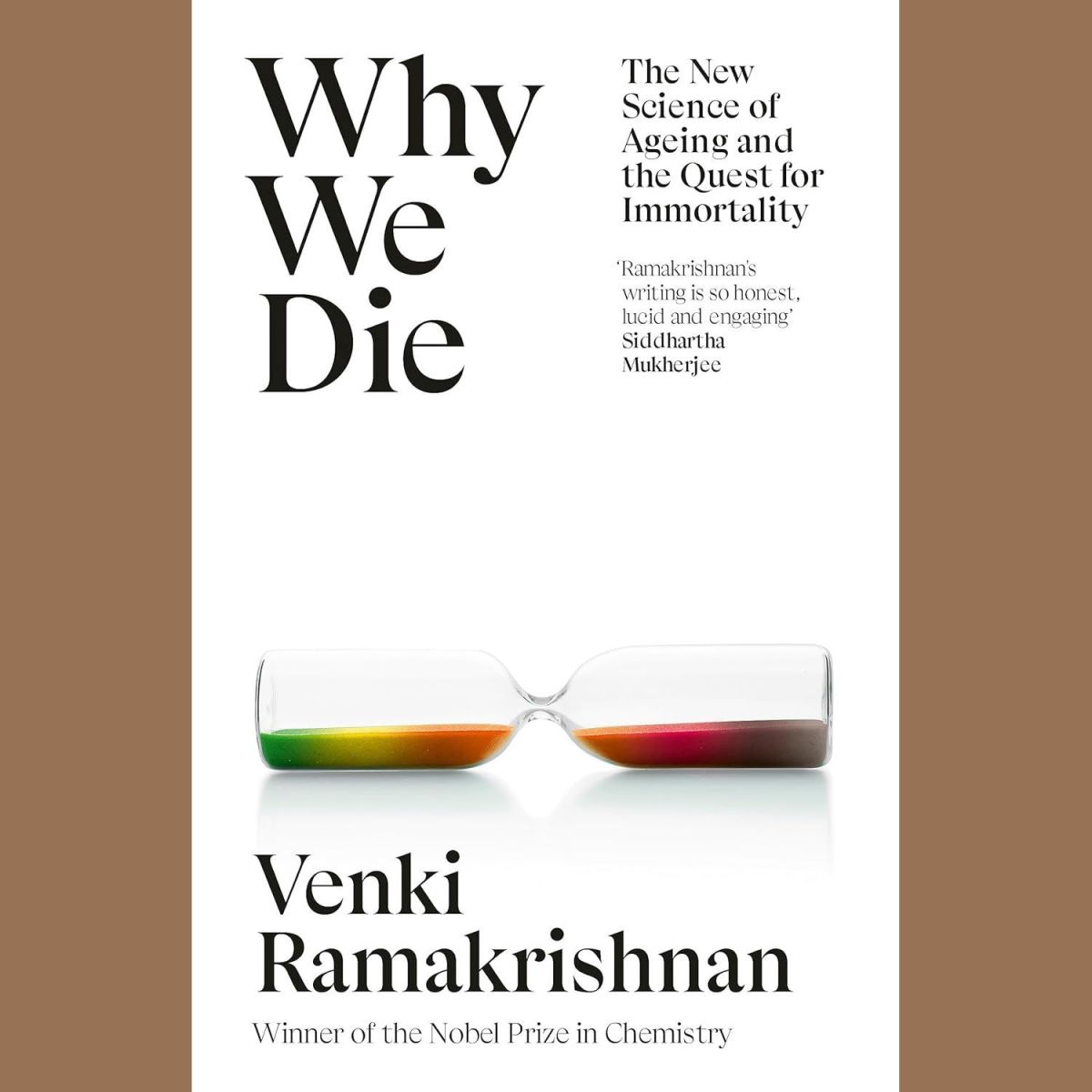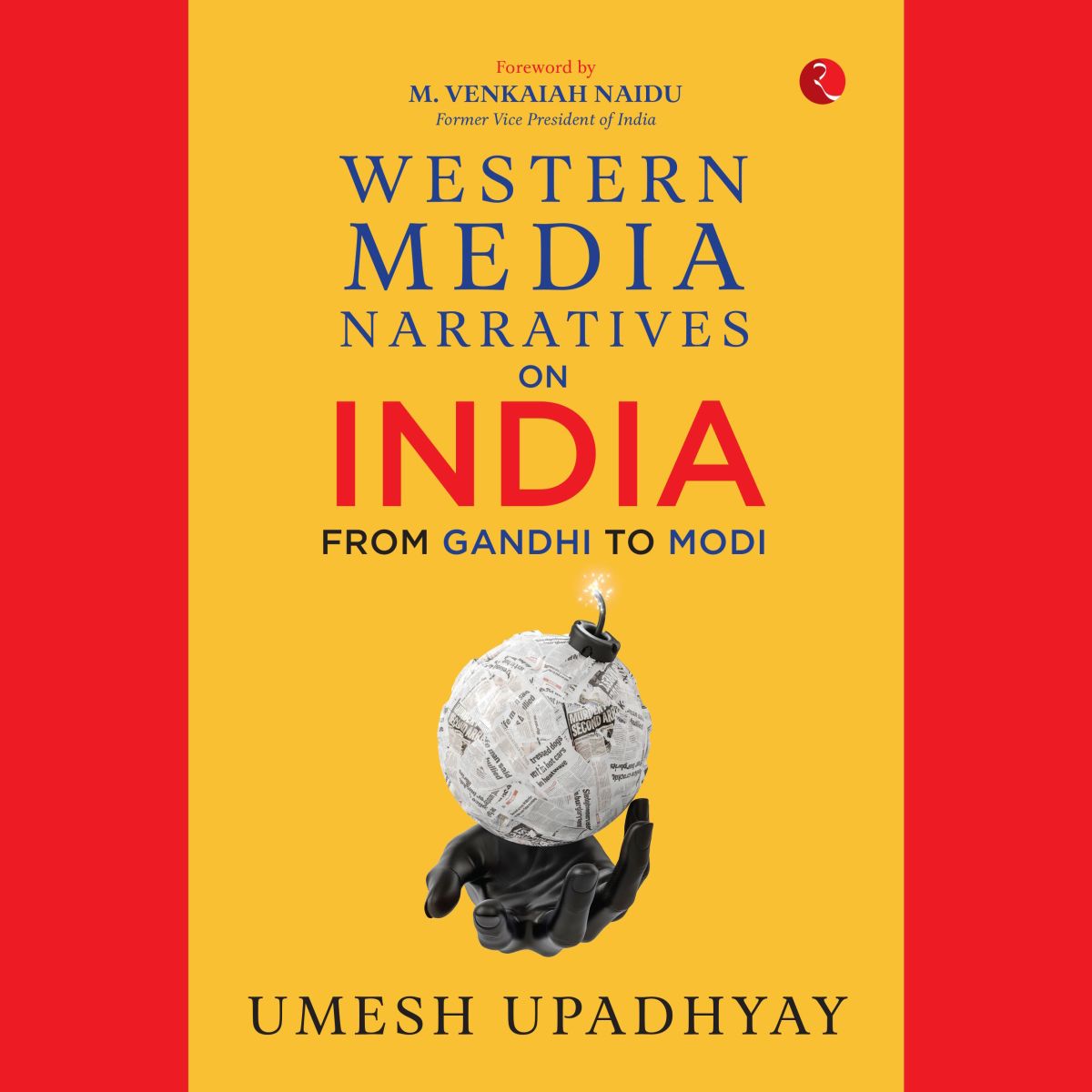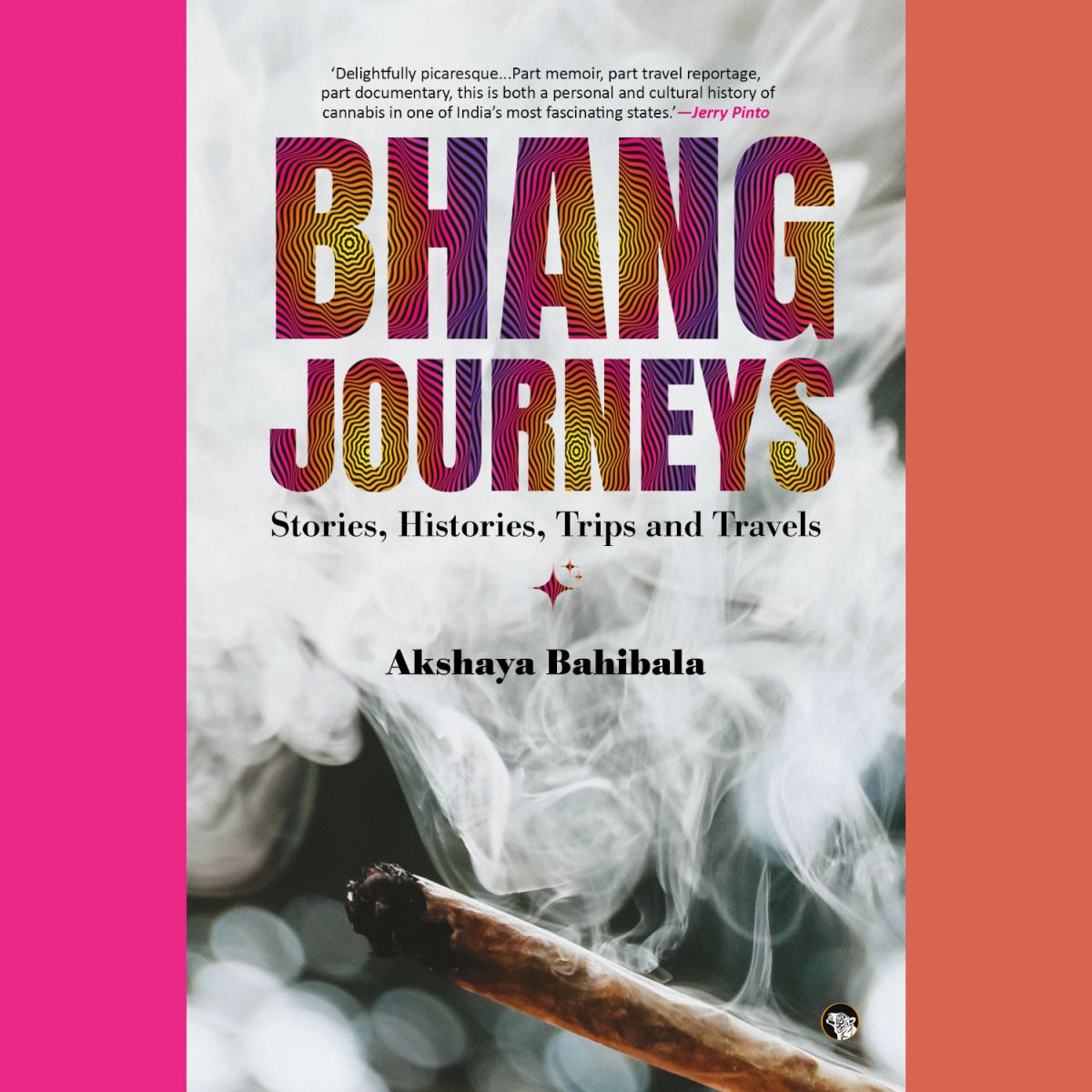‘The strangely enduring and occasionally fractious friendship that developed between the famously outspoken historian Ramachandra Guha and his reticent editor Rukun Advani is the subject of this quite eccentric and thoroughly compelling literary memoir,’ says the publisher’s note, about The Cooking of Books: A Literary Memoir, which was published by Juggernaut Books earlier this year. ‘Built around letters and emails between an outgoing and occasionally combative scholar and a reclusive editor prone to private outbursts of savage sarcasm, this book is never short of the kind of wit, humour, and drollery that has been strangled by contemporary political correctness,’ it adds.
We are told that the Guha-Advani relationship, which has survived ‘forty years of epistolary exchanges and intellectual sparring,’ started in Delhi in the early 1980s, a time when Guha was still an unpublished Ph.D scholar and Advani a greenhorn editor with the Oxford University Press (OUP). ‘The relationship grew and blossomed through the 1990s, when Guha grew into a pioneering historian of the environment and of cricket, while also writing his pathbreaking biography of Verrier Elwin. Over these years, Advani was Guha’s most constant confidant, his most reliable reader. He encouraged him to craft and refine the literary style for which Guha became internationally known – narrative histories that have made vast areas of scholarship popular and accessible,’ says the publisher’s note.
Publishing industry veteran, Sridhar Balan, who joined the Oxford University Press in 1985 and spent close to two decades working there, shares his own memories of OUP in the context of Guha’s memoir. Balan, who worked alongside Rukun Advani at OUP and was witness to the exchanges that took place between him and Ramachandra Guha, writes about their working relationship in his own inimitable manner, which is a joy to read and, as a review of the book itself, provides an excellent primer to what you can expect to read in The Cooking of Books.
‘Not wholly or in full measure but substantially’
The summer of 1986 in Delhi promised to be a gruelling one. The head office of the Oxford University Press in India had shifted a little over a year ago to plush new offices at Jai Singh Road, a shift away from its premises at Daryaganj which had been its home for over a decade. I had joined the OUP the previous winter as an editor and soon saw my editorial colleague Rukun Advani in an activist role. The office at the YMCA Library Building had brand-new central air-conditioning but no power to run it as the building lacked a completion certificate and ran on a temporary power connection.
The editors and other staff had already endured one severe summer and were in no mood to take another. The April meeting of the visiting branch managers, normally held in the office premises, was shifted to the more comfortable air-conditioned meeting room of the YMCA Tourist Hostel next door. This proved to be the flashpoint. Rukun soon drafted a petition threatening a ‘pen down’ strike if something was not done to remedy the power situation soon. As the rookie in editorial, he brought the petition to me for signature after reading it. I signed it promptly little realizing what I had signed up for. For some reason, the general manager of the OUP asked if I could help with this, as in my previous stint with Macmillan, I had successfully piloted a collaborative project with Sinclair Computers with the government. Somehow, I managed this successfully though it took three months and earned the gratitude of Ravi, Rukun and other colleagues. Rukun, in addition to Ravi, also passed on manuscripts that I might find interesting, and I was also now invited to partake of the Lopchu Darjeeling tea that Rukun religiously brewed in his room every afternoon.
Being a part of the editorial team, one got to meet other authors too. Though Ram Guha and Rukun studied in St. Stephen’s, a few years separated them and seniority was strictly respected. Ram loved crocket and Rukun, literature. Their early meeting was anything but propitious. As Ram says, ‘Rukun could convey a lot through gestures. That (withering) look he gave me when I was returning from cricket and he was starting his motorbike. Sophisticated scholar versus scruffy sportsman were our varying trajectories in St. Stephen’s College. No one who knew us both then would ever have thought that we would come to work together, so closely and for so long’.
Rukun had joined the OUP in 1982 after a Ph.D in English Literature at Cambridge. He had taught at St. Stephen’s while waiting for the award of the Inlaks Scholarship that enabled him to go to Cambridge. He had once remarked, ‘failed academics make the best editors in academic publishing’. I ticked that box too, having taught for a few years at the North Eastern Hill University, Shillong where Rukun’s teacher Brijraj Singh and his wife Frances had been colleagues. Anyway, Rukun’s turning away from a teaching career was the publishing industry’s gain and particularly for the OUP.
Ram Guha too turned to academics after failing to make a career as a first-class cricketer. He was good enough to play for the college team but not for the Ranji Trophy. He chose a rather strange institution in which to do his Ph.D, the Indian Institute of Management, Calcutta. However, the IIM’s sociology department was developing. Here again, another of my colleagues from JNU Anjan Ghosh taught and mentored Ram. Ram was doing his Ph.D on forestry and social protest in the British Kumaon Hills and strengthened by an essay he had in the second volume of Subaltern Studies published by OUP felt confident enough to approach Rukun in the OUP with his completed thesis. Now, back in the early years, Ravi Dayal had exhorted all us editors that Ph.D dissertations had to be reworked if they were to be published at all. As a book it’s readership now would be both academic and ‘general’.
Rukun exemplified this. After reading the thesis, Rukun wrote to Ram that the OUP would like to publish it albeit with revisions. ‘Your book ought to be organizationally more sophisticated than the thesis. Since you are discussing protest in specific areas, it may be quite nice to have a little on the geography and topography of these regions. Most of your readers are unlikely to be as familiar with the regions as you are’. Rukun also suggested that Ram write more on the position of women noting ‘the sources cited in the footnotes suggest a wealth of material that you could probably use to make this chapter come alive’. The image of women hugging trees as a unique form of protest against tree-felling appealed to Rukun and he suggested the title of the proposed book be amended to ‘Forestry and Social Protest: The Chipko Movement and its Antecedents’. Rukun was keen on having ‘Chipko’ in the subtitle both from the marketing angle and also because the Chipko movement was being widely cited in environmental debates. But Ram countered by saying the Chipko was only a small part of the book. Finally, the book was published as The Unquiet Woods: Commercial Forestry and Social Conflict in the Indian Himalaya. It also had an international audience with the US rights being sold to the University of California Press.
Among all the books that Ram published with the OUP, it was in the biography of the anthropologist Verrier Elwin that the relationship between the editor Rukun and the author Ram matured and took on the firm dimensions of mutual respect and affection. Earlier comments by Rukun on draft chapters, included ‘this is fine as a book about Elwin the son, brother, friend, father and husband, but where is Elwin the writer and polemicist?’. Ram’s fourth revision saw Rukun grudgingly admit that this is an excellent draft but made more suggestions on specific chapters adding speciously, ‘I don’t know if you get what I am driving at or if you agree. I am basically trying to get a bigger, fatter, richer, fuller, more analytic, deeper, more informative, GREATER biography out of you’.
The Elwin biography was finally published as Savaging the Civilized: Verrier Elwin, His Tribals and India to acclaim as a great biography, but not without criticism from orthodox anthropologists. Ram continued to consult Rukun an almost all his books including those not published by the OUP. He freely admitted borrowing from Rukun, ‘not wholly or in full measure but substantially’. It’s my belief that this interaction with Ram and other authors whom he had edited shaped Rukun too in the discussions that made the ‘cooking of books’ enjoyable and together with the contributions of other talented editors made OUP the foremost academic publisher in India.
By the year 1998-99, profound changes in OUP India could be seen. The new MD had superseded several of his seniors and due to a sense of insecurity, wanted his writ to run throughout the organization. Rukun had initial faith in the MD, a fellow Stephanian and remained loyal to the OUP. His wife Anuradha was a talented editor in the academic division and Rukun felt all was well. There were two run-ins with Ram too. The first was with the cover design of the Elwin book. Ram’s wife Sujata, a top designer had designed a gorgeous cover. In Ram’s words, the OUP had a ‘surly, pony-tailed idiot’ as a designer, on temporary secondment from the UK. The OUP had a new logo too but Rukun was able to effect a compromise without tampering with Sujata’s design and placing the logo at a certain place. The second was with a particular volume in the ‘Social Ecology and Environmental History’ books that Ram was the series editor. The history editor in OUP had felt that Ram had rejected a particular volume in the series for ‘spurious reasons’. Matters came to a head when Ram felt he was being used as a ‘rubber-stamp’ and as a ‘ladder to be kicked away’ after the OUP had reached the top in establishing a list in environmental history. When Ram threatened to shut down the series altogether, the editor wrote to Rukun that ‘the series belonged to the OUP and not to the series editor. It’s not his shop that can be opened or shut at will’. Rukun supported his colleague and wrote to her, ‘your reply to ram is very sensibly courteous. With the same sensible courtesy, you can kick him upstairs on the ladder he claims he has created and he can disappear into the empyrean and out of your sight’.
Ram quotes this incident at length to show that Rukun remained loyal to the OUP even when things were not going well. The new MD had no idea of the editorial process or the ‘cooking of books’. He wanted control to cement his position and towards that end, created an ‘information network’ through which he could act. He expressed his concern on two issues. One was that Rukun was favouring his author-friends and this was to the detriment of the OUP. This charge of ‘working against the interest of the OUP’ was, as we have seen, patently absurd. The second was the invidious interpretation of an obsolete policy that a couple could not work in the same division and a wife could not report to her husband. There were enough examples to the contrary in OUP offices world-wide. However, the MD transferred Anuradha to the position of ‘product manager’ without defining what the job was. He obviously wanted her to resign.
Rukun protested and matters escalated. The press ran a campaign, eminent historians wrote to the Vice Chancellor of the University of Oxford, himself a historian. The worthy called the chief executive of OUP who in turn called the MD of OUP’s international division and the India MD’s boss. For a moment, it really looked as if Oxford would ask both Rukun and the MD to go. But in the end, the MD survived and both Rukun and Anuradha resigned rather than face the ignominy of a suspension on half-pay.
An emboldened MD now continued his policy of letting go some really competent publishing talent from the OUP. What was left was an emasculated OUP which continued publishing apace but was now without a soul. There is a tail-end to the story. Years down the line, the MD himself was suspended and asked to go along with the finance director.
For Rukun and Anuradha in distant Ranikhet, it was justice at last but delivered too late.
-Sridhar Balan
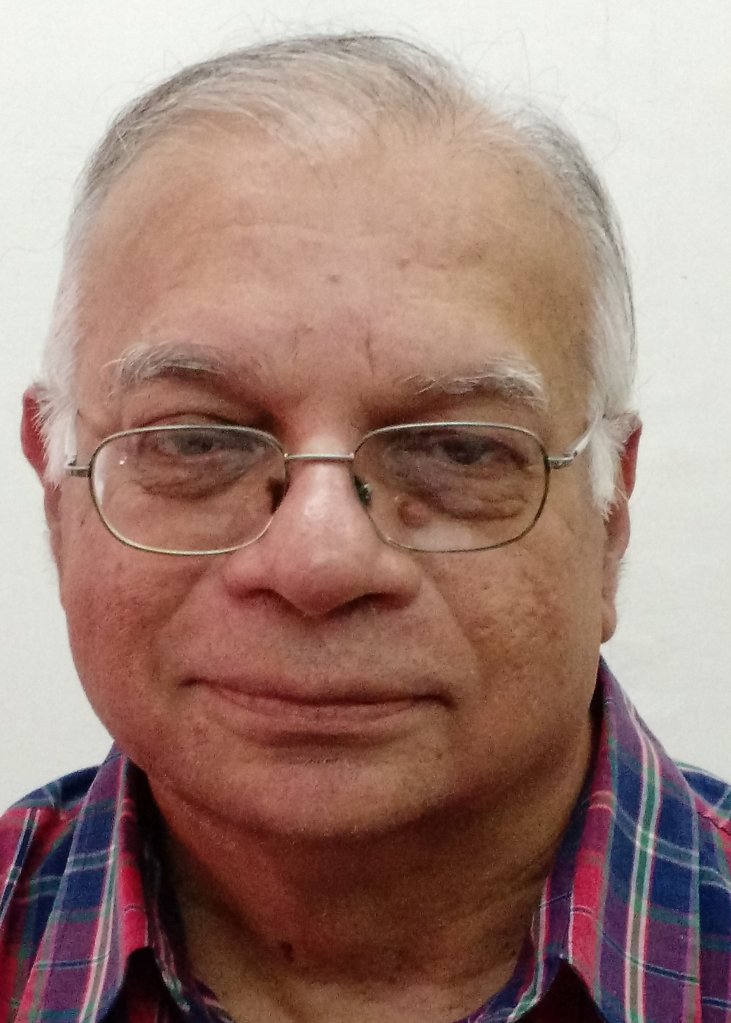
Sridhar Balan has been a senior professional in the publishing industry. His columns have appeared in The Hindu, The Economic Times, The Indian Express, The Financial Express and The Asian Age. His book Off the Shelf – On Books, Book People and Places was published by Speaking Tiger Books, New Delhi, in 2019.
The Cooking of Books : A Literary Memoir
Author: Ramachandra Guha
Publisher: Juggernaut Books
Format: Hardcover / Kindle
Number of pages: 264 / 189
Price: Rs 465 / Rs 431
Available on Amazon

